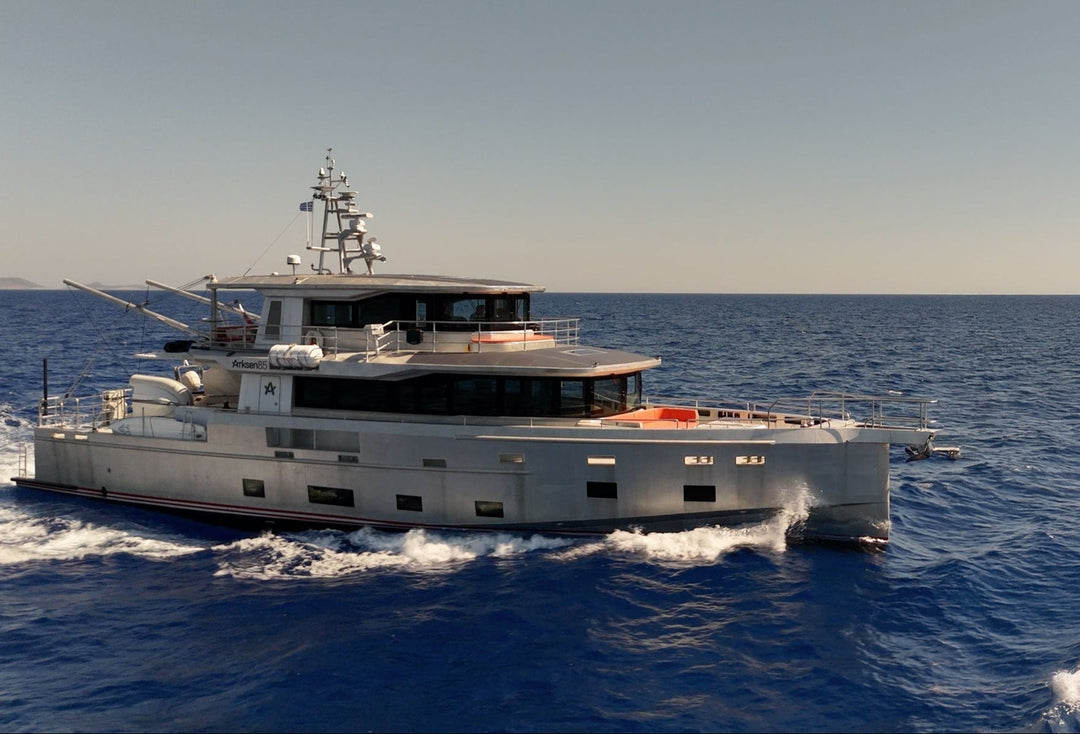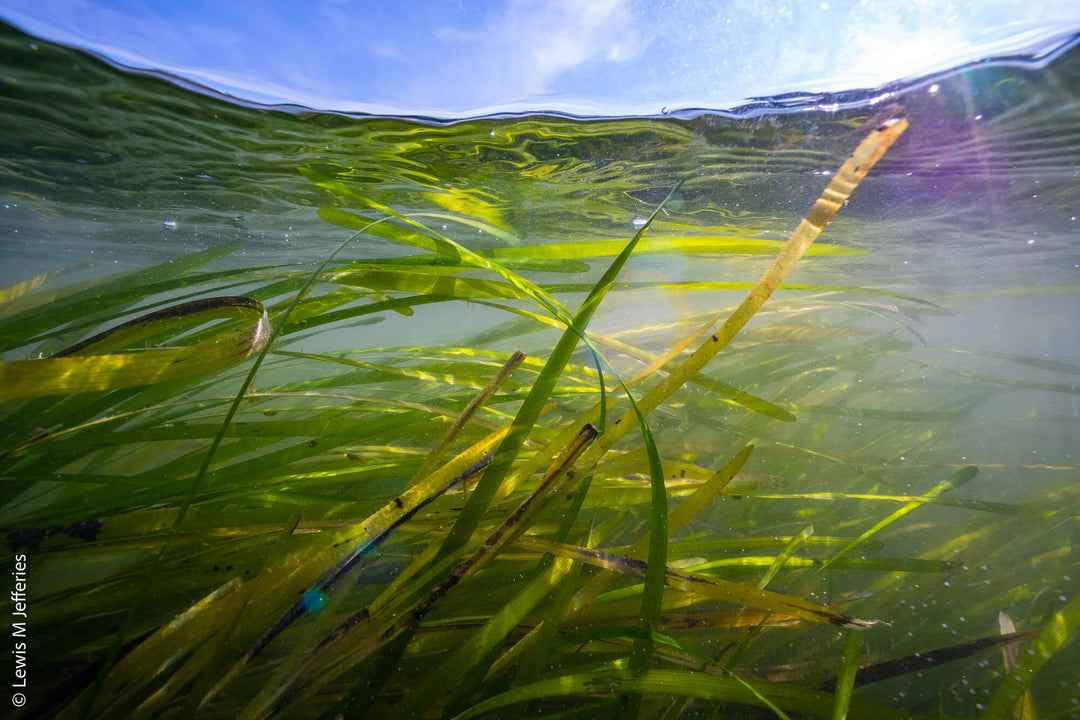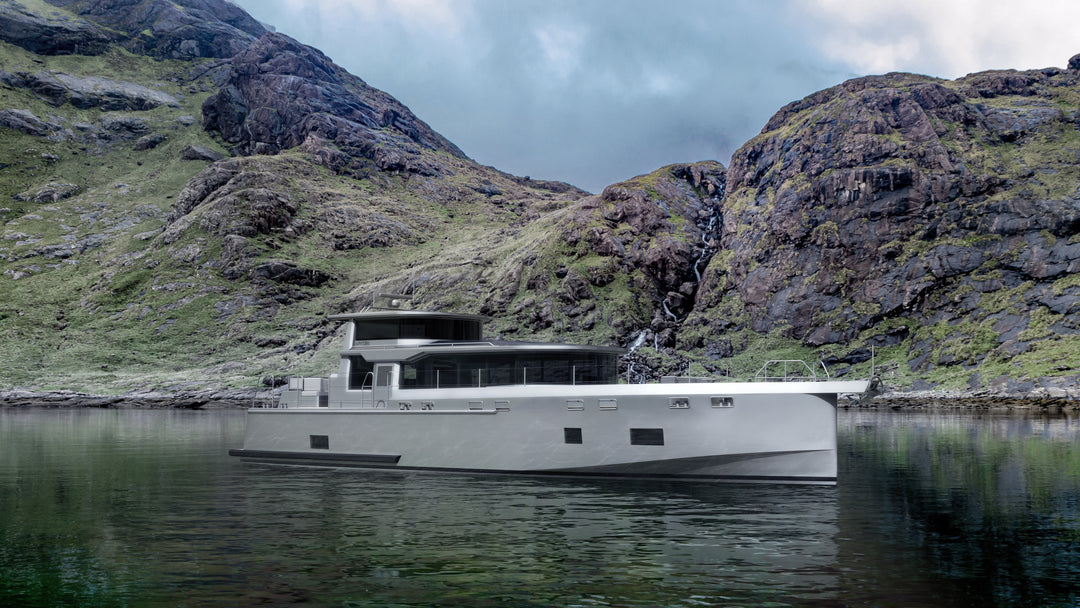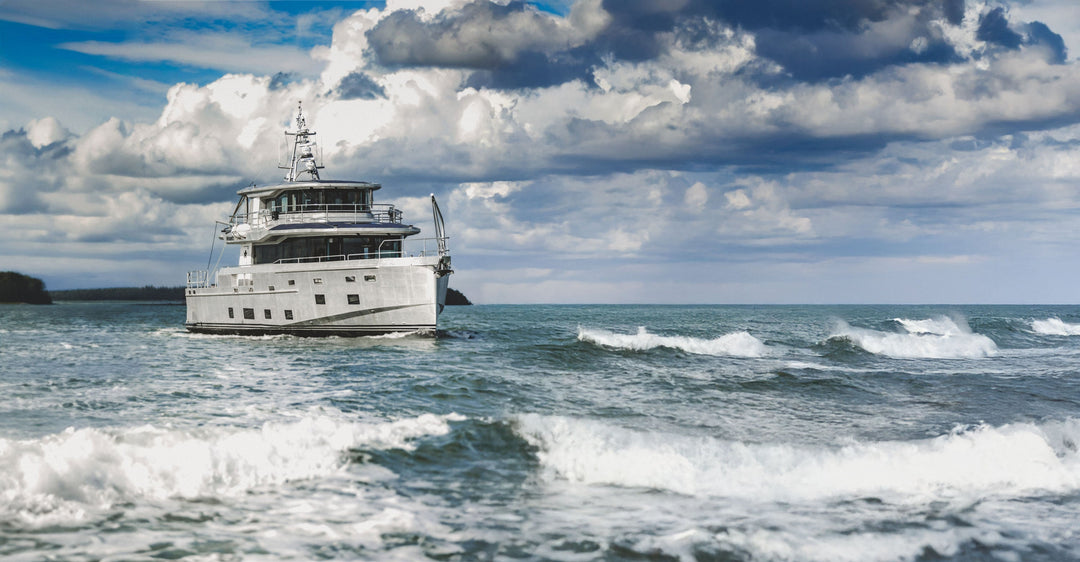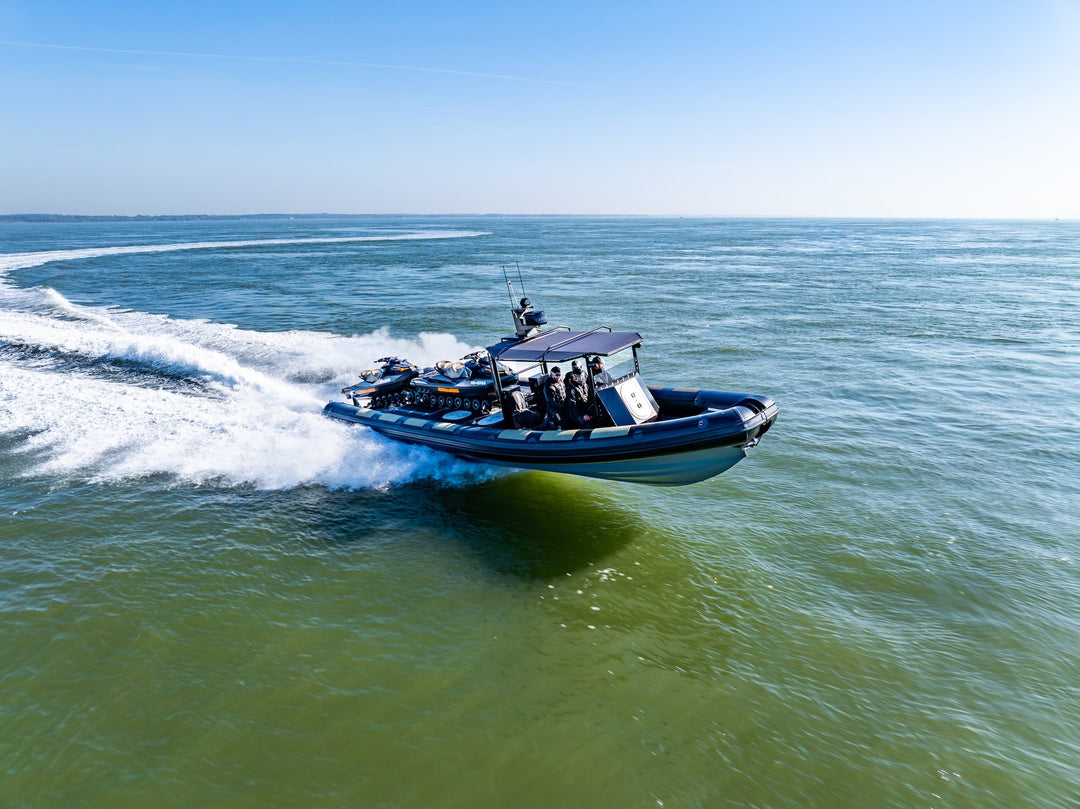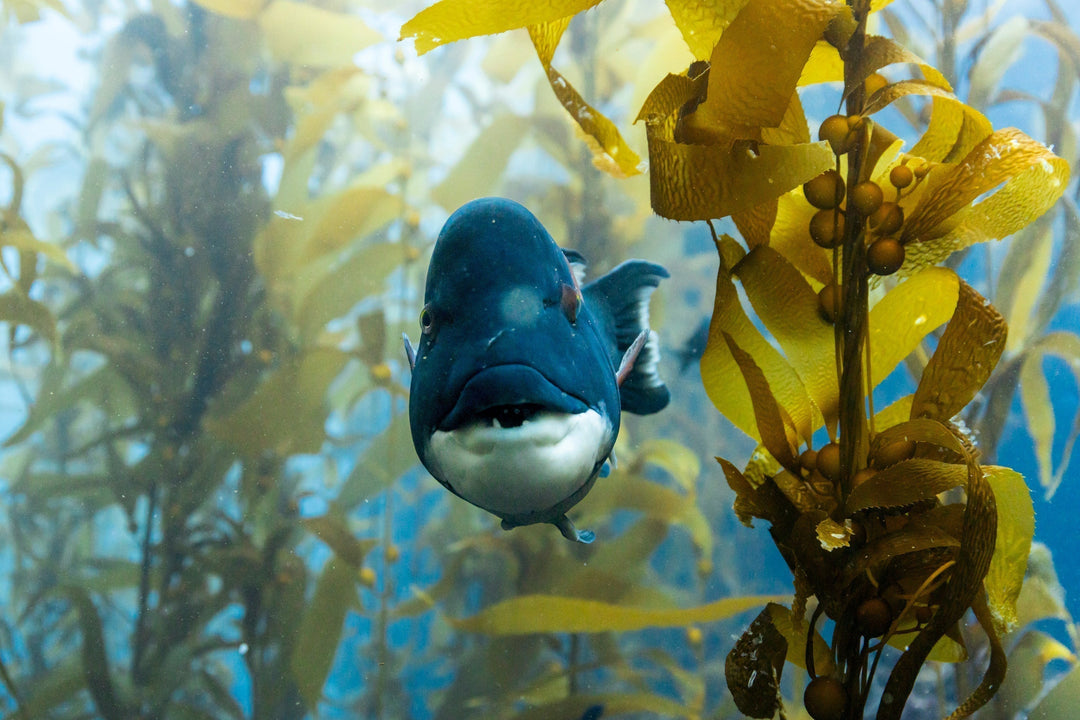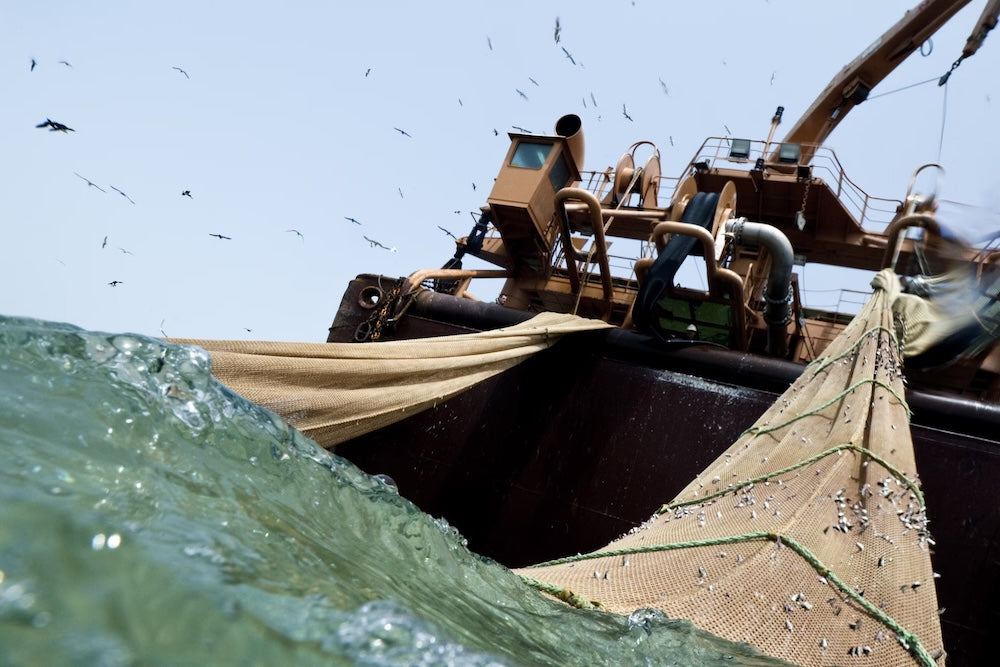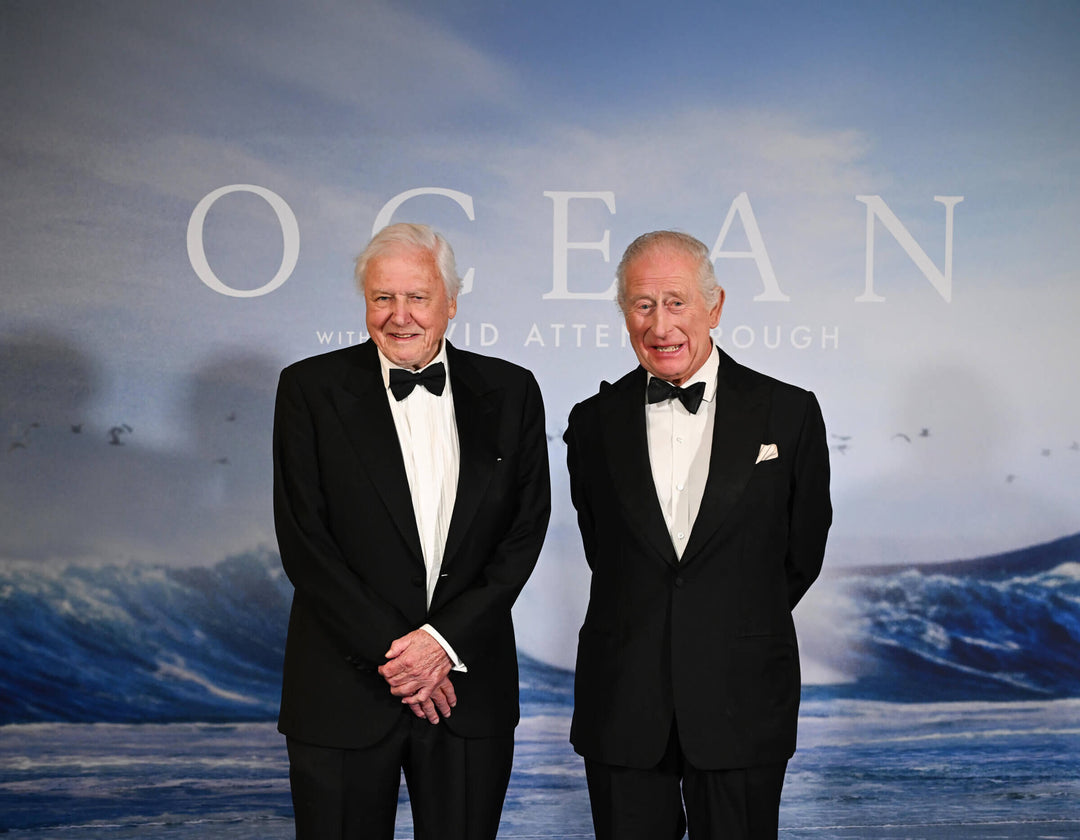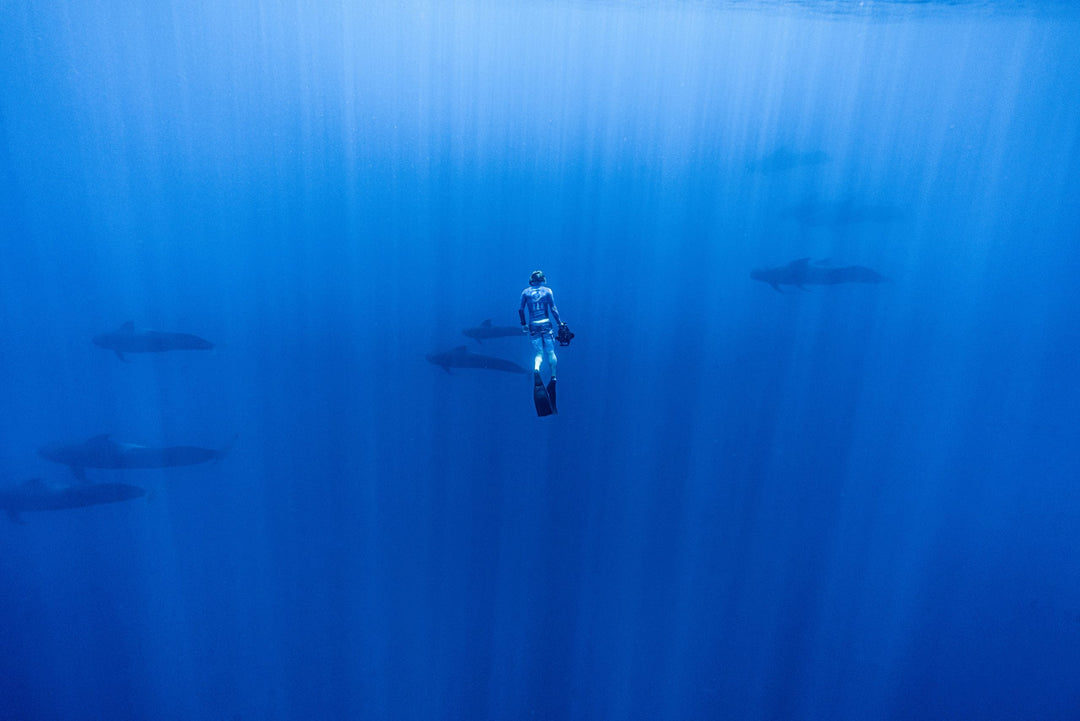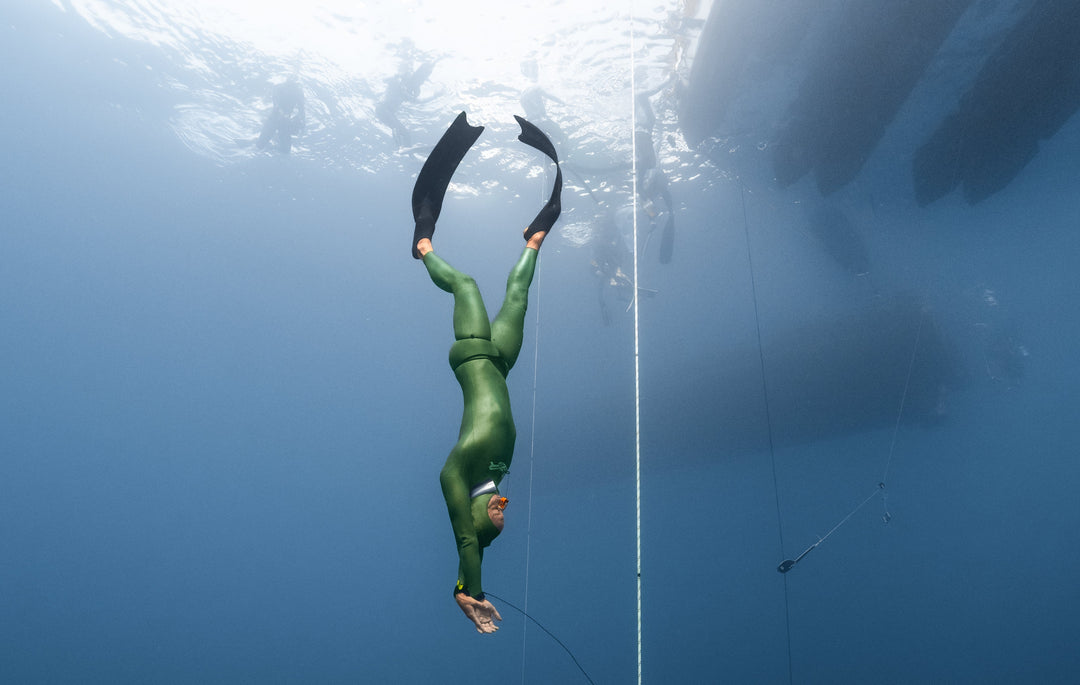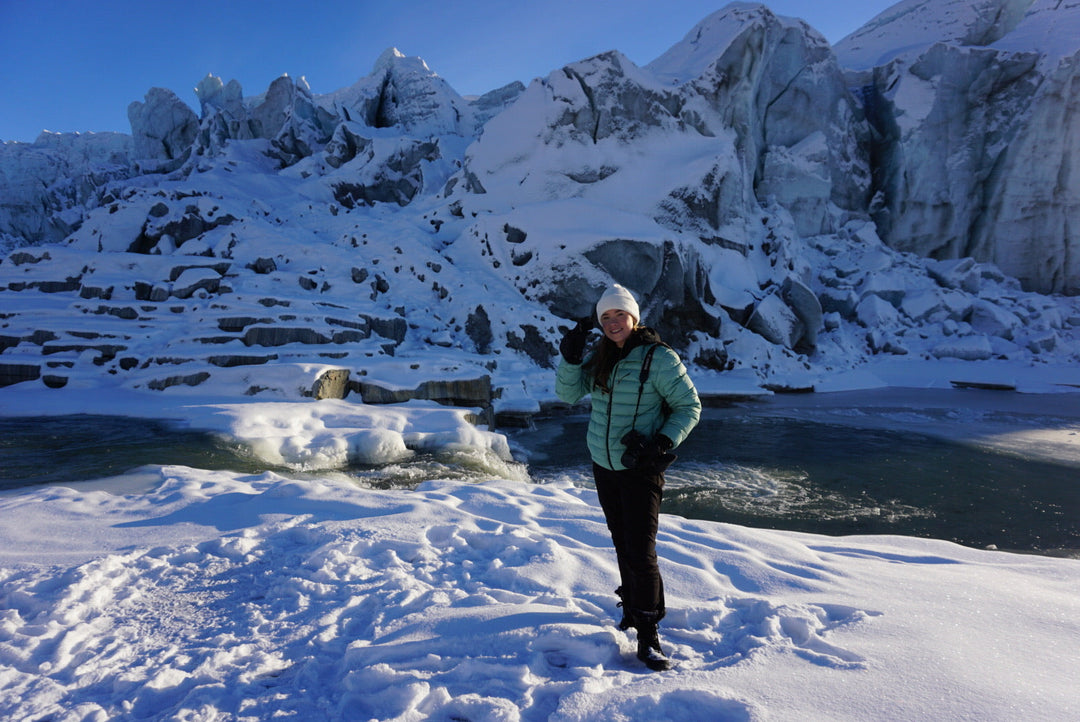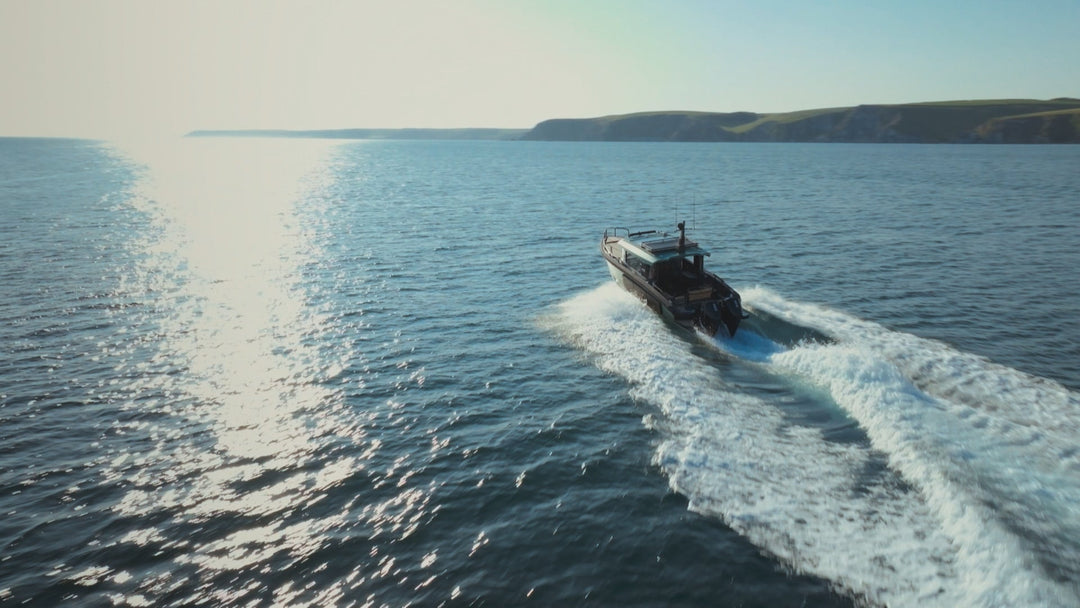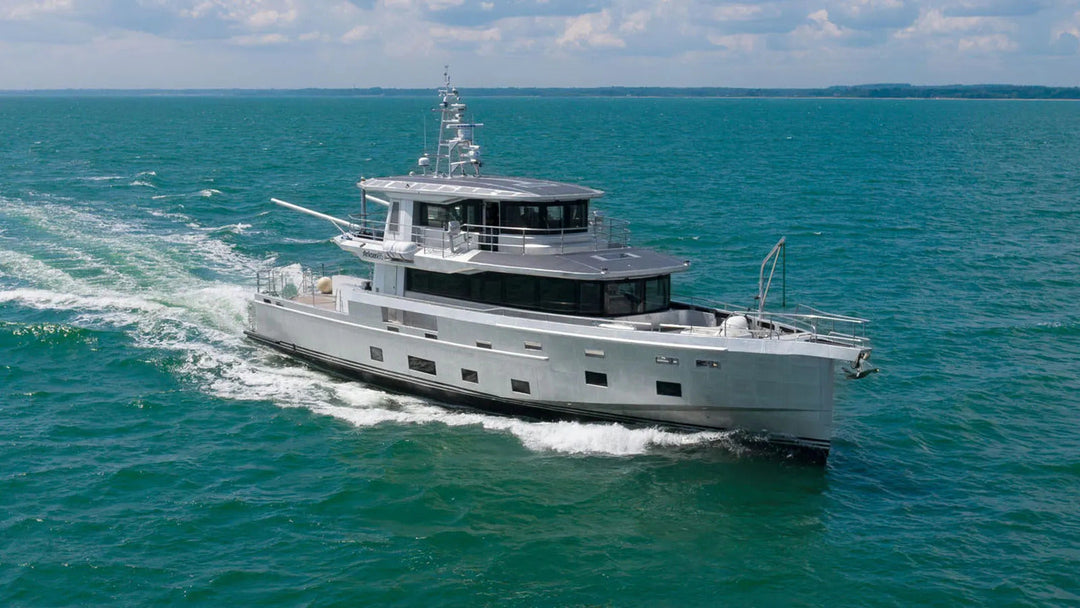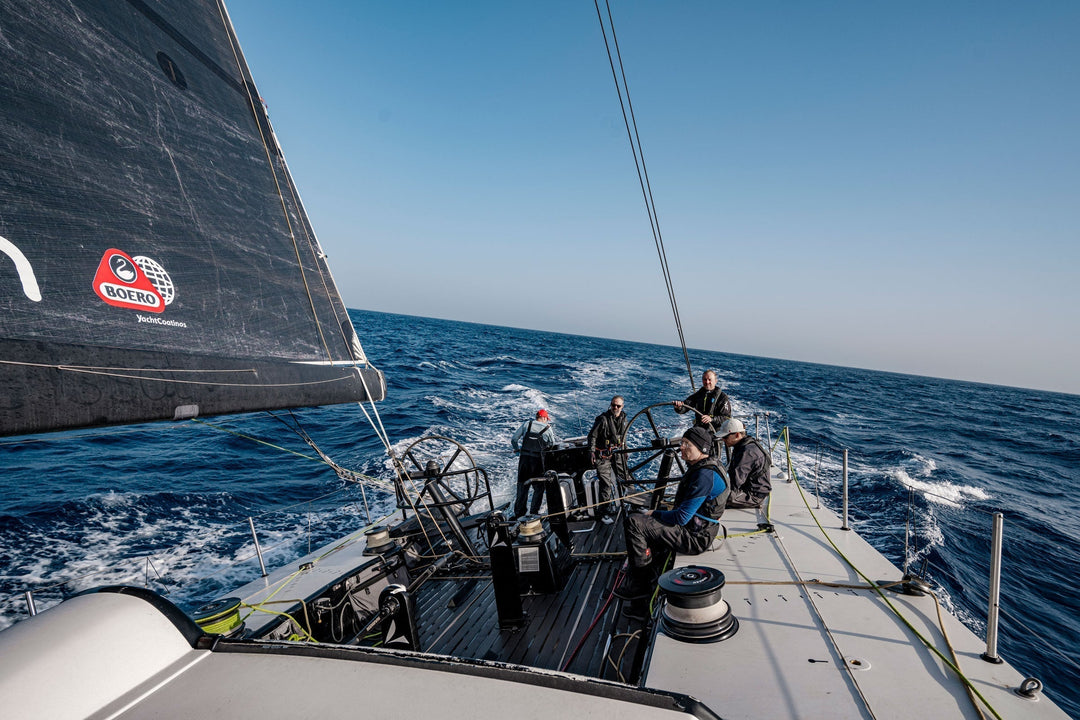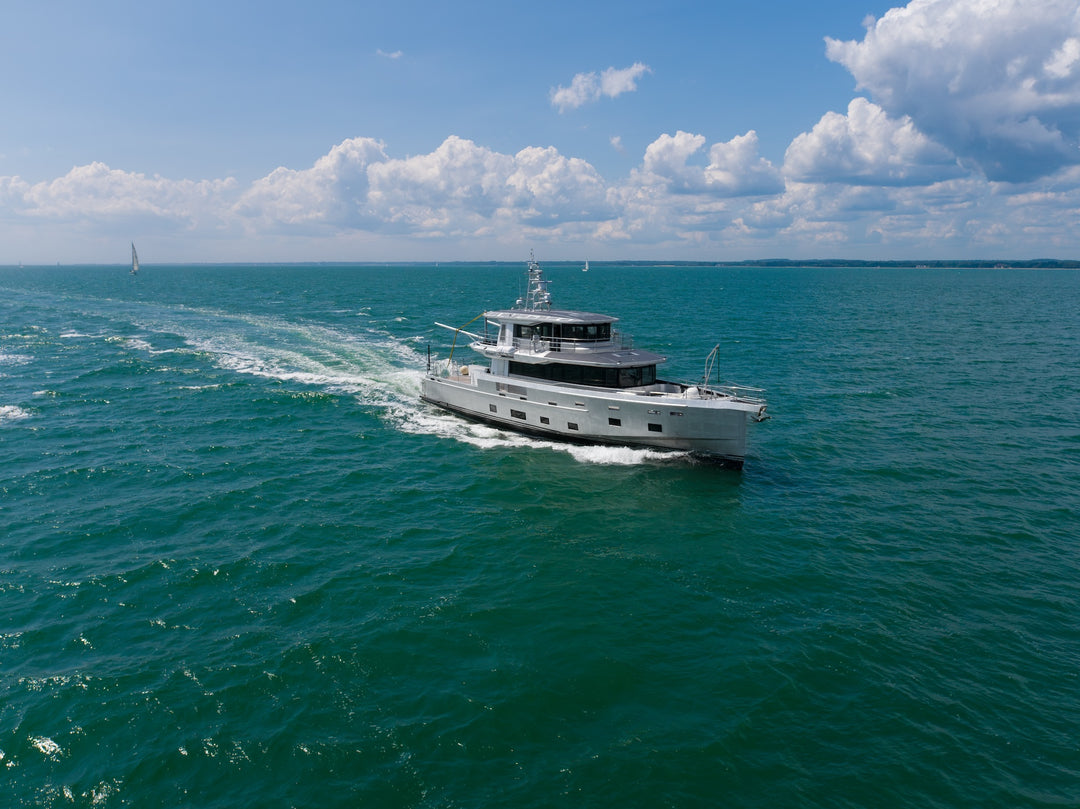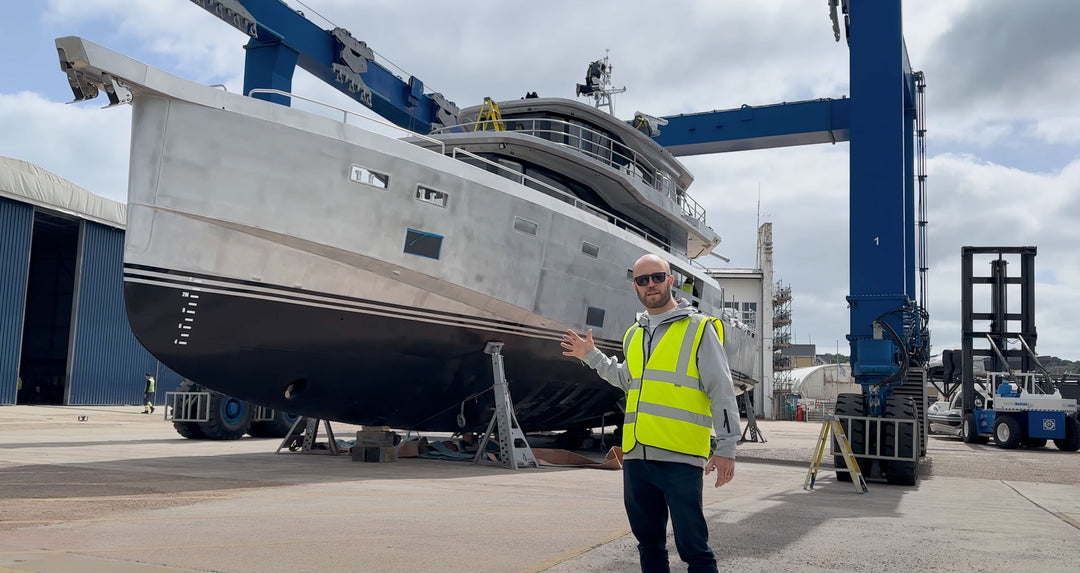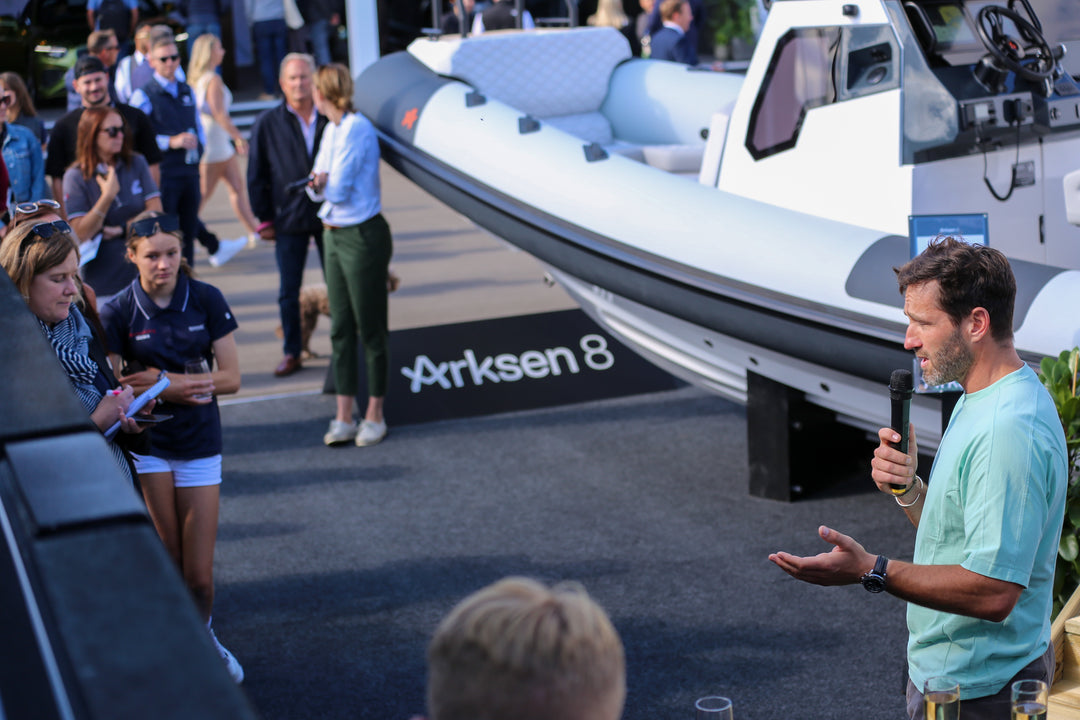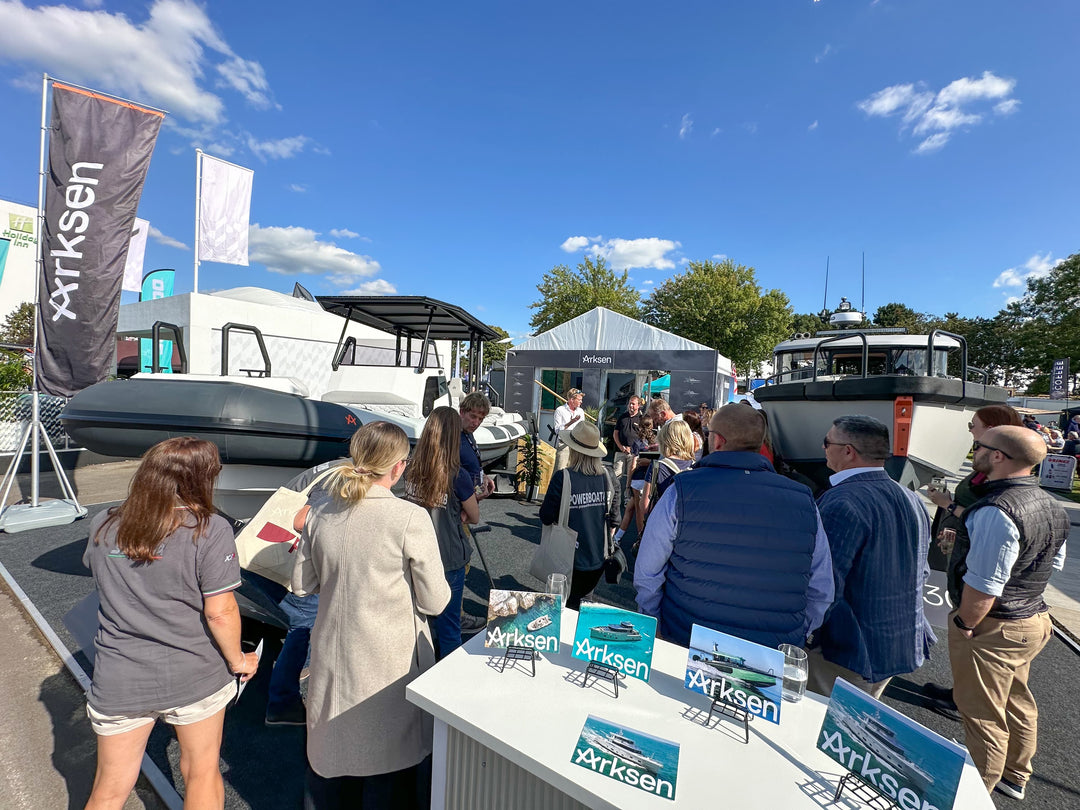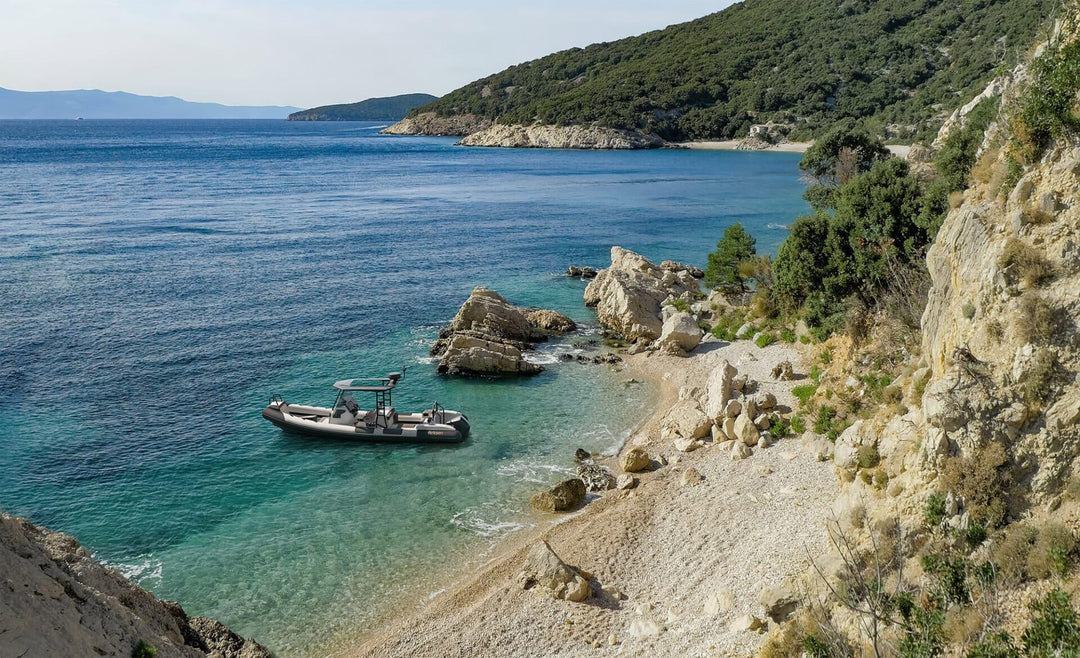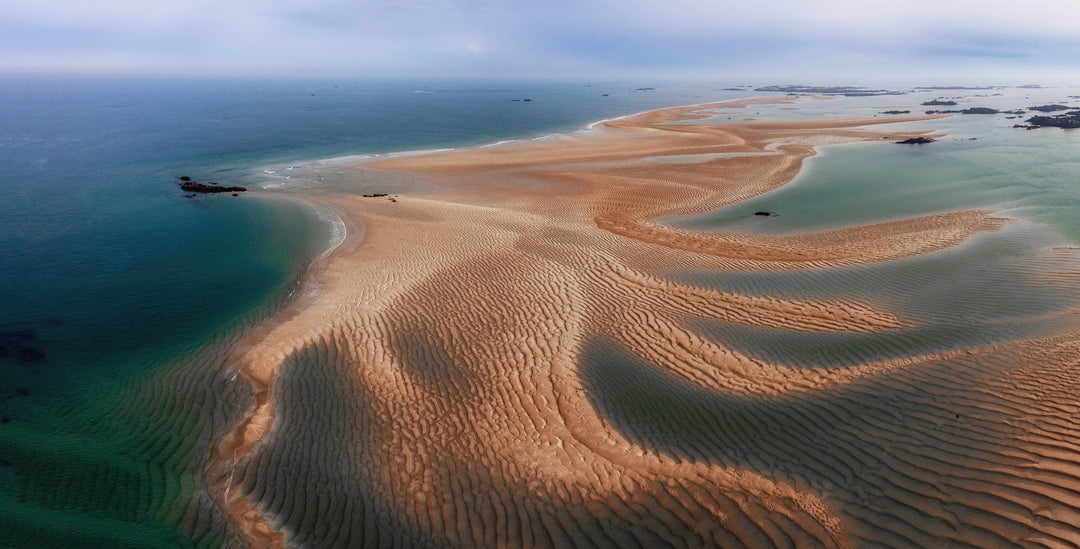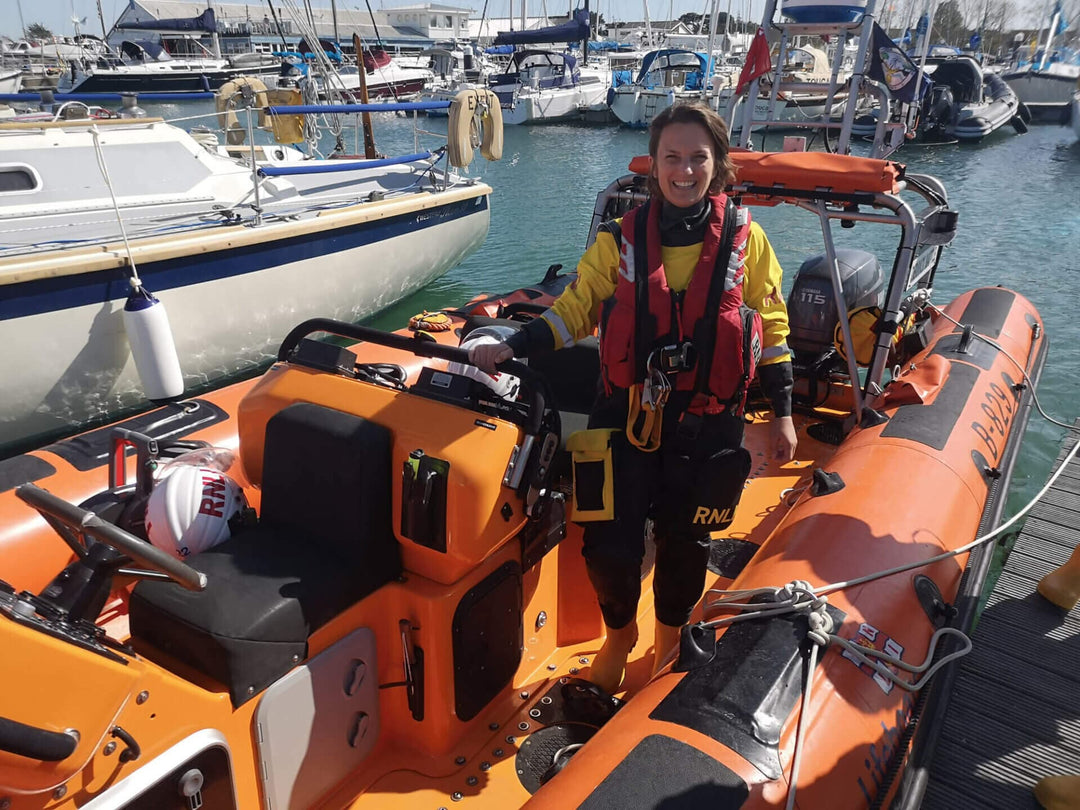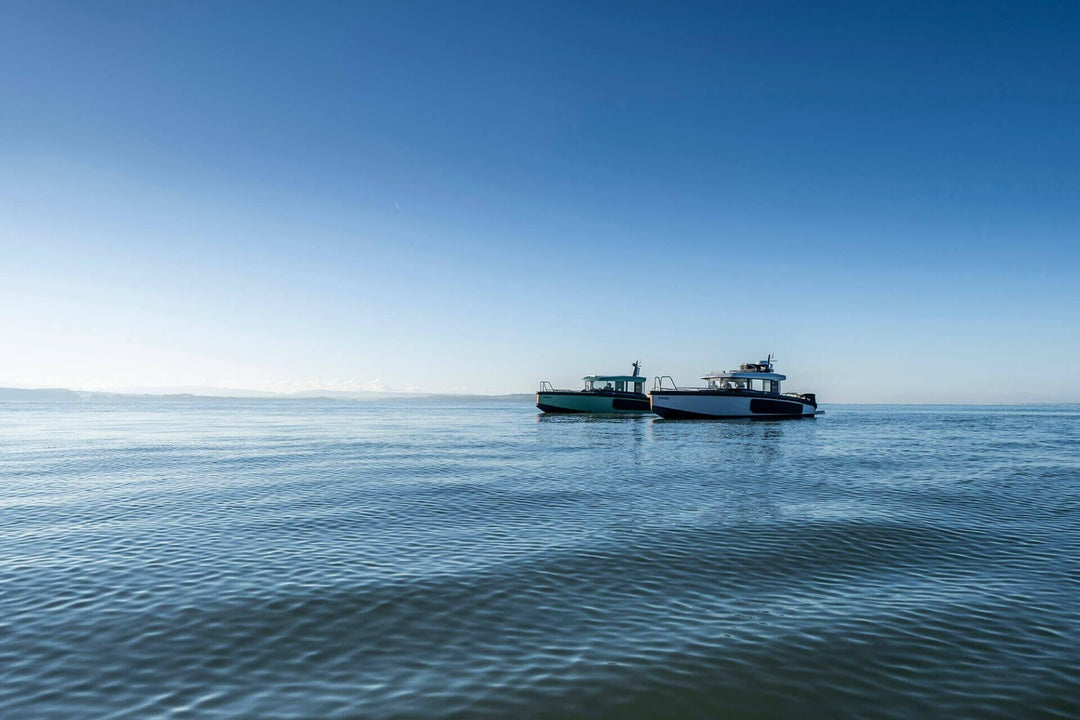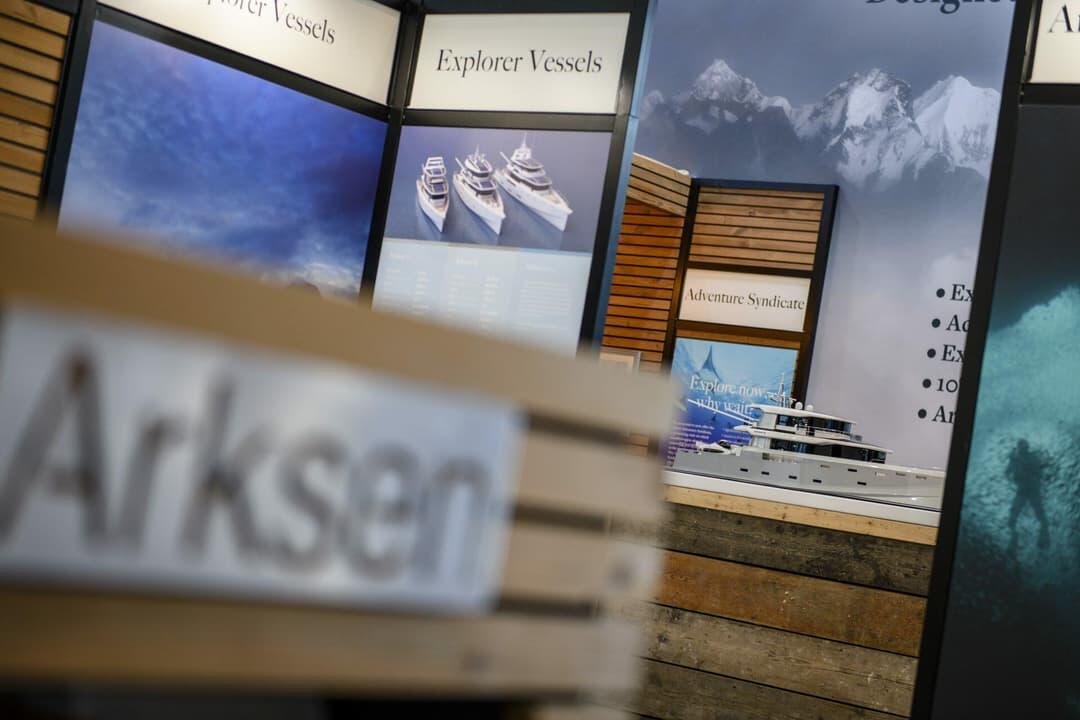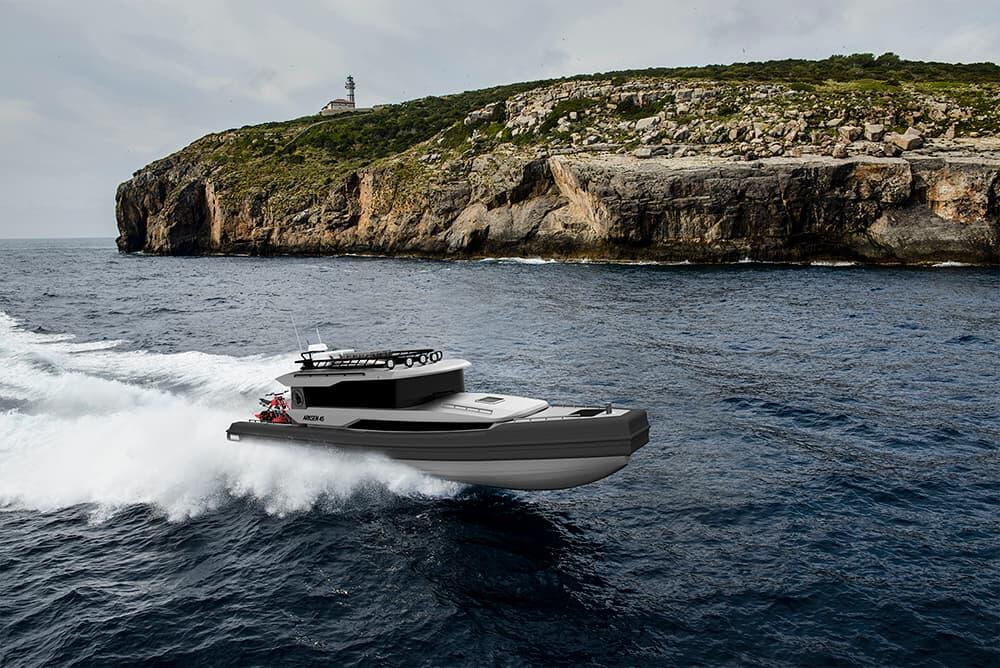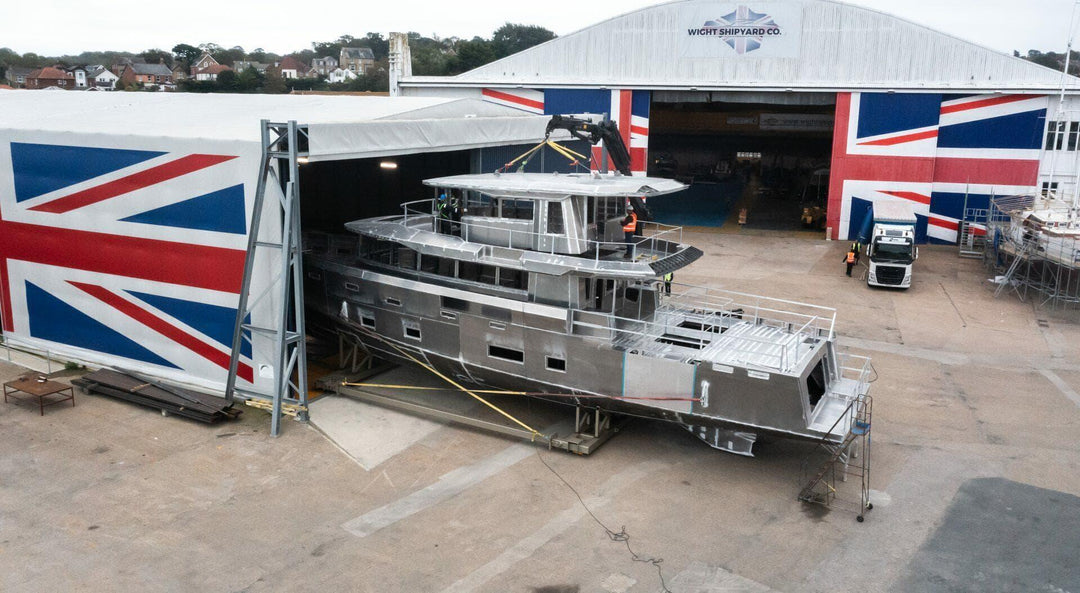Revolutionising Ocean Funding
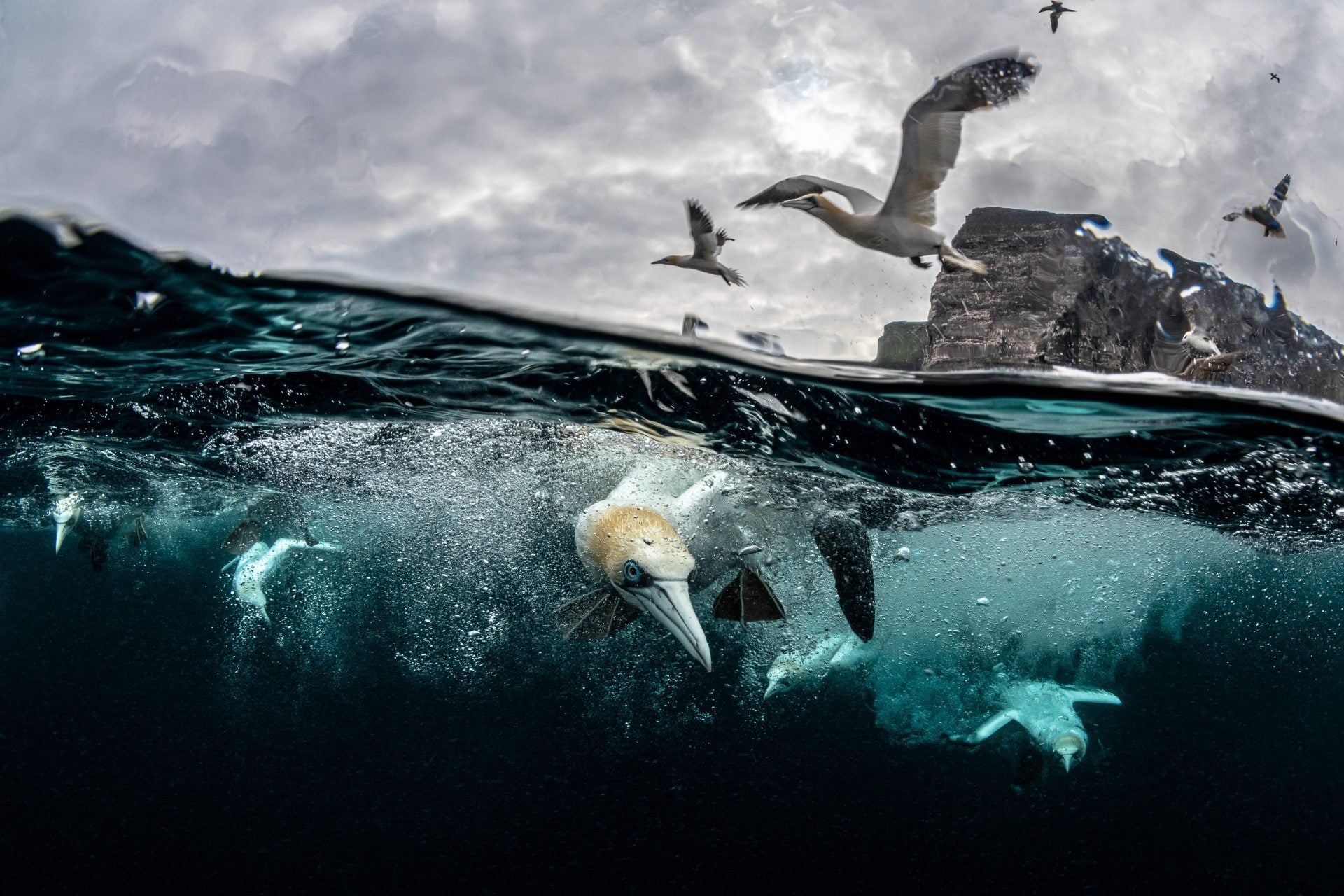
Giving 10%
Through activities that provide greater understanding of nature’s financial needs, 10% for the Ocean encourages individuals and businesses to reallocate 10% of their existing donations to ocean causes, rather than asking for increased charitable giving.
The model is rooted in venture philanthropy: capital flows quickly, flexibly, and globally to projects with measurable impact.
By shifting existing flows, rather than competing for new ones, it creates an efficient, low-friction system to fill the funding gap – with the potential to mobilise billions in capital, distributed across a curated network of accredited ocean initiatives.
Organisations funded through 10% for the Ocean share data, findings, and best practice, building a collective knowledge bank and accelerating science-based solutions, replacing competition for scarce resources with collective resilience.
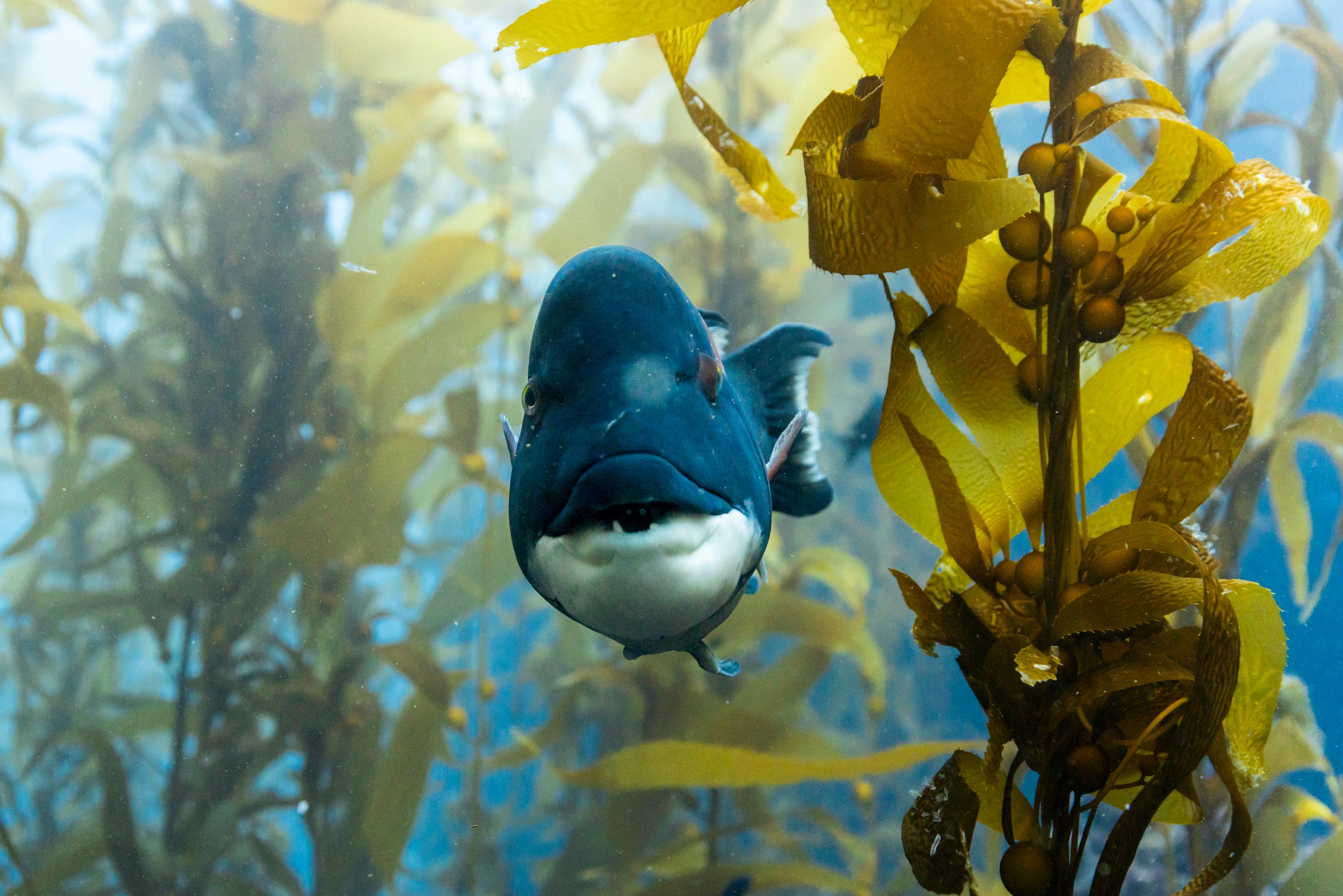
Who benefits?
Funds pooled go to support a global alliance of charities working to radically increase philanthropic funding for the ocean, which currently includes more than 70 leading ocean initiatives in 27 countries, spanning hundreds of projects worldwide.
This will include hosting of community fundraising events, financial contribution through product sales, and the expansion of the Sea Time Pledge, which encourages vessel owners to donate time on their yachts for marine science and research.
A flagship example of the benefits of the alliance is the globally acclaimed documentary Ocean with David Attenborough, which was co-produced by 10% for the Ocean and Arksen and has become one of the most widely viewed of all time.
"Arksen was created not only to build extraordinary vessels and experiences, but to ensure the ocean has a sustainable future."
Jasper Smith, Founder of Arksen
"Arksen has weaved ocean stewardship into their DNA, helping us to build a system that is urgently needed to address the global ocean funding crisis."
Carolina Manhusen, CEO of 10% for the Ocean
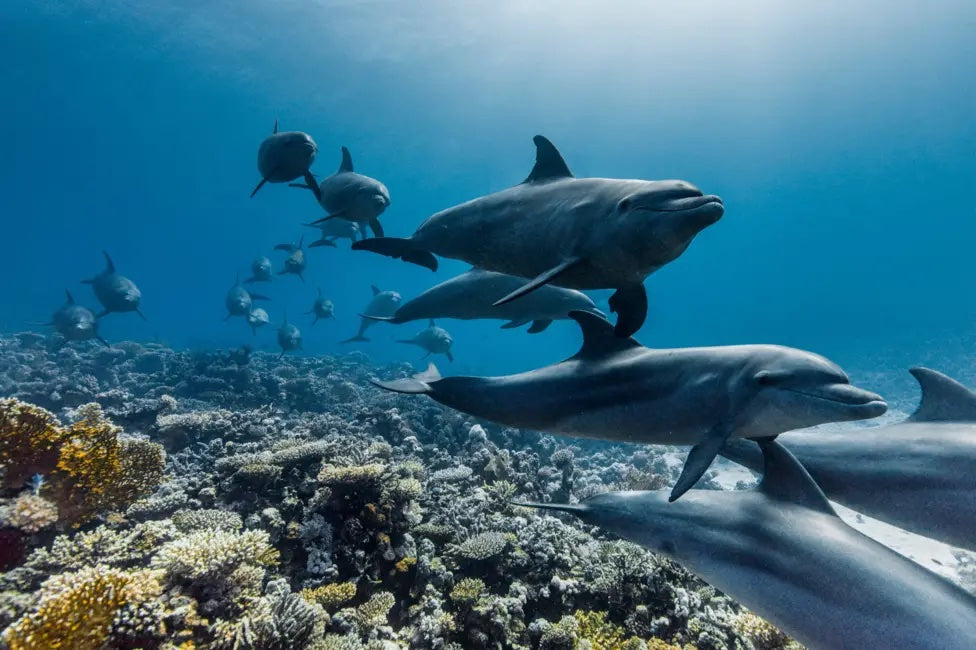
Nature’s future
Climate and energy-transition funds have surged but nature – biodiversity, soil, freshwater and oceans – lack the disclosure frameworks and financial instruments that have made carbon measurable and investable.
The Taskforce on Nature-related Financial Disclosures (TNFD) now provides the beginnings of a market-led solution, requiring companies and financial institutions to report their dependencies and impacts on nature.
As reporting becomes mandatory, investors will increasingly price nature risk alongside carbon risk. Already, over half of global GDP - some US$58 trillion - is moderately or highly dependent on nature, according to PwC.



